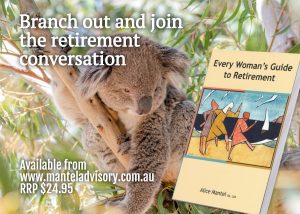In the wake of the COVID-19 pandemic there has been a rapid take up of telehealth. Telehealth can according be described as the delivery of any health service, remotely, usually over the phone or via video call. A service could include an online counselling session, a phone call with a general practitioner, or a video chat with a physiotherapist or allied health professional.
According to the Australian Bureau of Statistics, one in six adults aged 18 years and over (17%) used a telehealth service during early-April to early-May 2020, when the pandemic restrictions on social distancing were at their strictest.
Research by the Global Centre for Modern Ageing found that older Australians liked telehealth for its convenience, reduced travel and ability to be conducted at home. Improvements they suggested include making telehealth more available, improving tech, and providing more information around the end-to-end process, including scripts, follow-ups and referrals.
Loneliness was the most widely reported source of personal stress for Australians during April, according to the third ABS Household Impacts of COVID-19 Survey.
“Around one in five people (19 per cent) also reported that they were experiencing difficulties maintaining a healthy lifestyle, which was more of a problem for those aged 18 to 64 years (22 per cent) than those aged 65 years and over (9 per cent),” added Ms Marquardt, ABS Program Manager for Household Surveys.
Before the coronavirus pandemic, telehealth was most commonly used to make it easier for people in remote communities to access expert healthcare. However since the coronavirus pandemic, government policy has encouraged telehealth availability with the added benefit that the service can be bulk-billed.
Global Centre for Modern Ageing research, https://static1.squarespace.com/static/5ae17ed32971146319f879ca/t/5eeebc167250ac3a2ce07f1d/1592704027892/Telehealth+Here+to+Stay+GCMA+research+report.pdf
